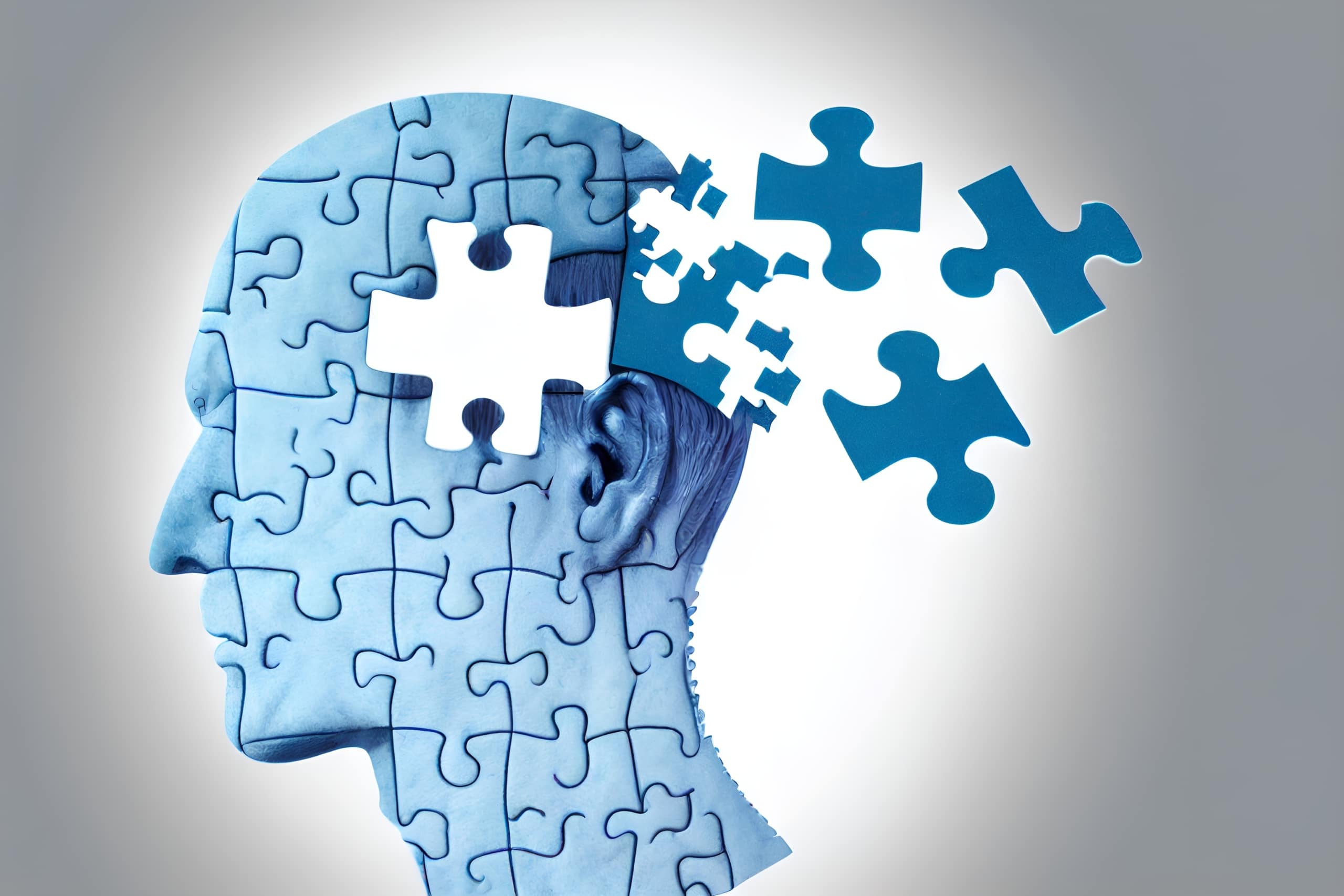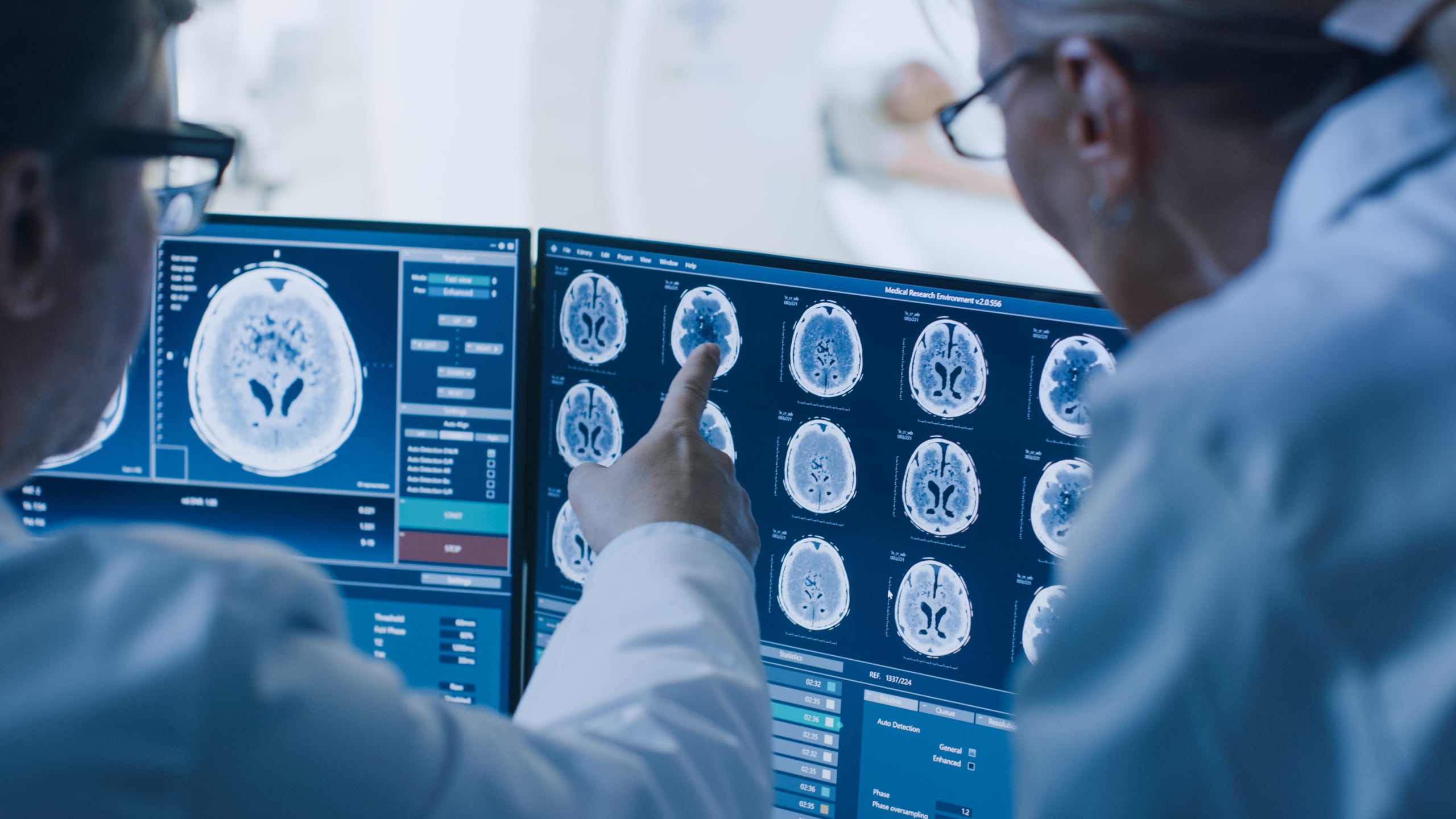Webinar: Financing the Cure: Exploring the Ecosystem of Alzheimer’s Disease Research Funding
The Accelerate Cures/Treatments for All Dementias (ACT-AD) held a webinar on July 13, 2021 for an in-depth…
more.
Diseases and injuries that damage the brain can impact the way we interact with the world and lead to significant and disabling behavioral and psychological symptoms—also referred to as neuropsychiatric symptoms (NPS).
These NPS that lead to mood and emotional changes are the symptoms that almost no one talks about, but they are common in Alzheimer’s disease and other dementias, Parkinson’s disease, multiple sclerosis, brain tumors, infections, and injuries. We rarely hear about NPS because they are highly stigmatized and often dismissed as willful behavioral problems that caregivers need to deal with and worry about.
The reality is that these symptoms require medical attention. They are as much a product of the disease or injury as changes to memory or motor skills. They occur as different parts of the brain are damaged by disease or injury, and because many of these diseases are progressive, NPS can occur and worsen over time.
NPS can include apathy, disinhibition, socially inappropriate behavior, difficulty finding one’s way and completing basic tasks, depression, auditory hallucinations, psychosis, anger, aggression, anxiety, fear, sleep issues, sundowning, visual hallucinations, delirium, mood swings, disorientation, and paranoia.
NPS can put the person at risk of injury, alienate loved ones, lead to the loss of critical social support, cause job loss, increase financial stress, limit the patient’s ability to perform basic daily activities, lead to the need for earlier institutionalization, accelerate progression of their disease, and cause greater morbidity and accelerate mortality. They can also be a huge burden on caregivers and loved ones and often make it so they can no longer handle their loved one’s care and must turn to a long-term care facility (LTC) for help. Unfortunately, LTC facilities often turn these patients away because they are perceived as being too difficult and staff intensive.
There are ways to manage and treat NPS. Some symptoms can be reversed by finding and dealing with environmental or medical causes. Others may respond to behavioral interventions. As symptoms progress, medications can help improve quality of life.

The Accelerate Cures/Treatments for All Dementias (ACT-AD) held a webinar on July 13, 2021 for an in-depth…
more.
On December 7, 2020, ACT-AD held a webinar on cutting-edge research on Lewy Body dementia (LBD). The webinar…
more.
The Accelerate Cure/Treatments for Alzheimer’s Disease (ACT-AD) Coalition held an educational webinar on April 18, 2019 on…
more.